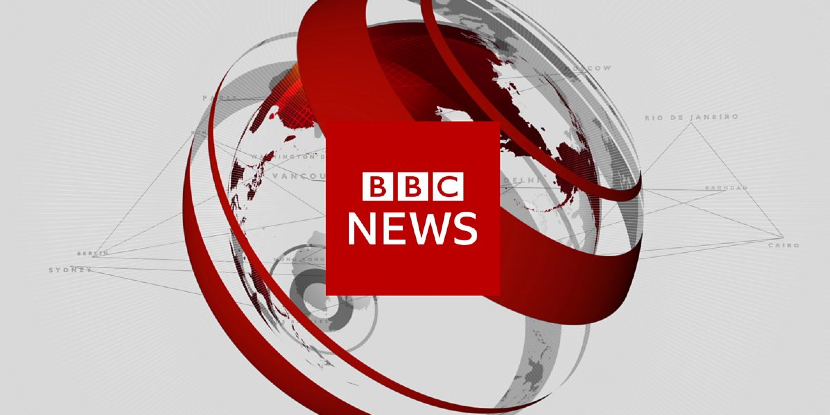By Shanaz Musafer
Business reporter, BBC News
Interview Process
Introduction agencies do pretty much what they say on the tin – they introduce people to a potential partner to whom they think they are well suited.
Discretion is the name of the game. Your picture won’t be plastered on a website for anyone to see: instead, your name will be added to the agency’s private database.
They interview all clients before taking them on, asking them about their expectations and sometimes even visiting their home.
People who approach them are nearly always looking for a long-term relationship, so they are asked questions such as “Where do you see yourself in three years’ time?” and “Do you want children?”
Not for everybody
But acceptance is not guaranteed.
Karen Mooney, founder of the Sara Eden agency, says: “If people have unrealistic expectations, we don’t take them on. It doesn’t matter how much money you throw at us, we can’t wave a magic wand.”
But turning someone away is a delicate process, she says, particularly if you are dealing with someone who has been bereaved.
“Often people come to us who are widowed – probably more men than women – and often they haven’t thought about grieving.”
Dating sites’ influence
Karen Mooney says that interest in the industry has grown 10-fold since she started her agency in 1988.
She admits that the start of the recession had an impact on business, as people were panicking about losing their jobs. But then things turned around.
“Once we got into the swing of the recession, it was actually good for business,” she says. “People thought more about their needs as a person rather than monetary needs.”
Nor has the rise of dating sites such as match.com as a cheaper alternative had a wholly negative impact.
She admits that it has taken away the bottom end of the market, creating a clear divide.
But it has also “brought dating into people’s homes and not people are more willing to go into an agency”, she says.


